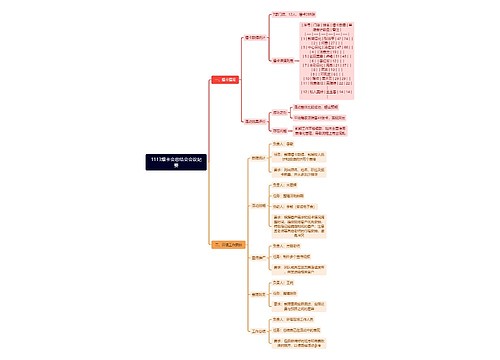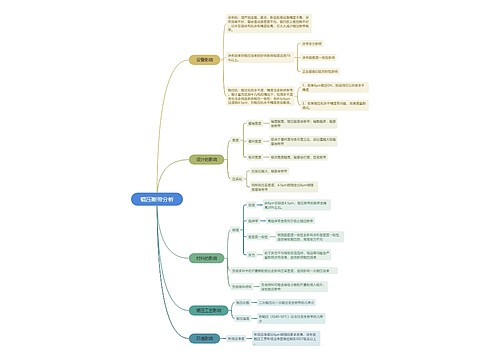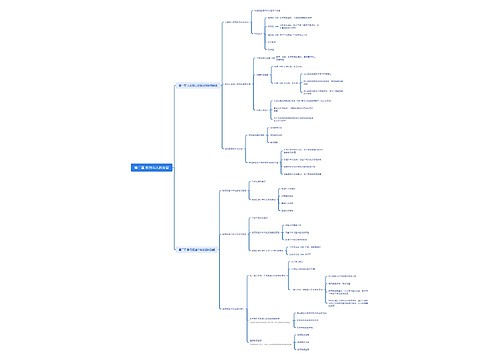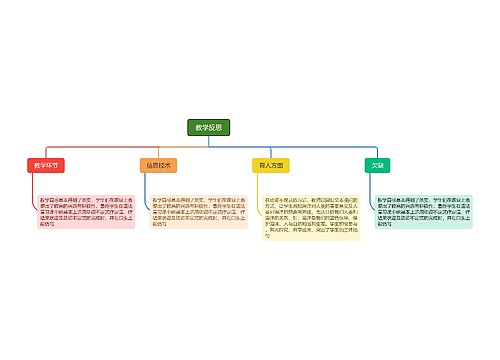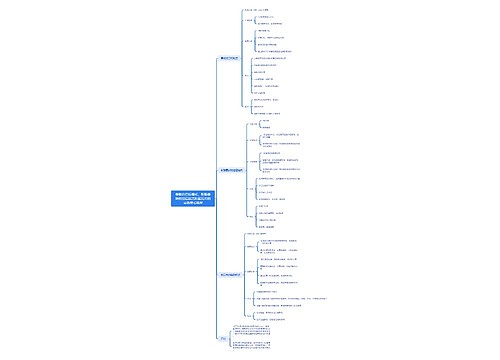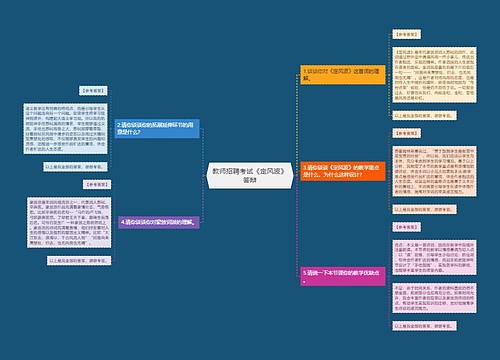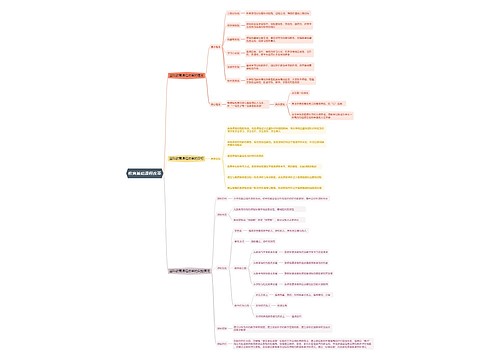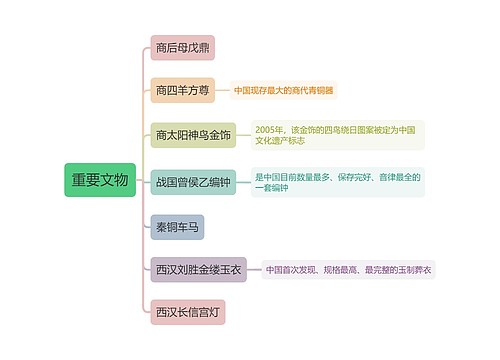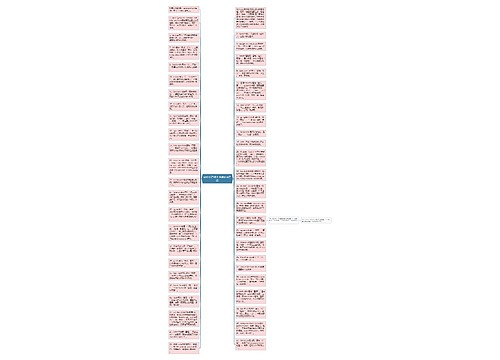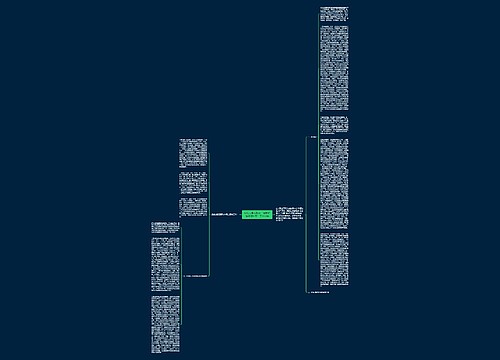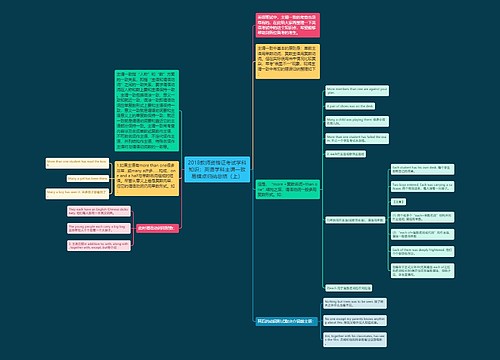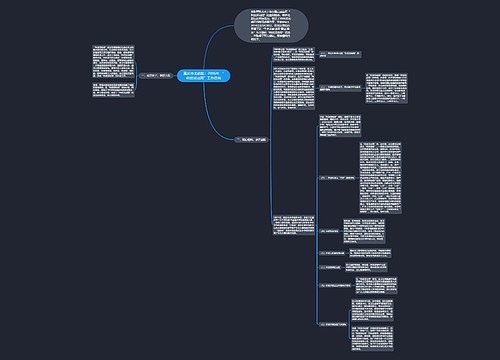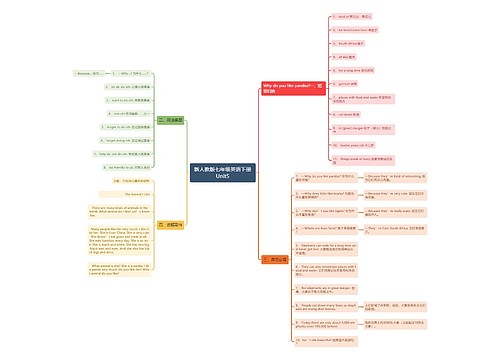4. 有些名词的单数和复数形式一样, 作主语的时候, 其谓语动词单复数由上下文决定(尤其注意其前的修饰语),这一类名词有: means, works, deer, fish, sheep, Chinese,Japanese等。
Not every means is useful. 不是每种方法都好使。
Not all means are useful. 不是所有的方法都好使。
These means are very good. 这些方法很好。
Such a means is really unpleasant. 这样的方法确实是令人不愉快。
若没有特定的修饰语或语境,则用单数或复数谓语均可:
There is [are] no good means. 没有好的方法。
Are [Is] there any other means of doing it? 做这事还有其他的什么办法吗?
5. kind“种类”作主语
this kind of book = a book of this kind (这种书) , 其谓语用单数; 短语this kind of men = men of this kind = these kind of men (口语) (这一类人), 但this kind of men 的谓语用单数, men of this kind 和these kind of men 的谓语用复数, all kinds of 后跟复数名词, 谓语用复数形式。例如:
This kind of men is dangerous.
Men of this kind are dangerous.
6. 在主谓倒装的句子中,谓语动词的数应与其后的主语一致。例如:
Between the two windows hangs a picture.
7.“分数或百分数+名词”构成的短语以及由“ a lot of, lots of, plenty of, a large quantity of, a heap of, heaps of, half of + 名词”构成的短语作主语时,其谓语动词要与短语中of 后面的名词的数保持一致,这是因为短语中后面的名词是中心词,而短语中前面的量词是修饰语。例如:
Lots of damage was caused by fire.
about three-fourths of the earth’s surface is covered with water.
Three-fifths of the workers here are women.
和这种情况类似的还有“a number of + 名词复数”。但是,“the number of + 名词”的中心词却是number。试比较:
A number of students have gone to the countryside to help with the autumn harvest.
The number of pages in this book is two hundred.
a (large) quantity of 修饰可数或不可数名词, 其短语作主语时,谓语动词用单数。
A large quantity of people is needed here.
quantities of 修饰可数或不可数名词,其短语作主语时,谓语动词一般用复数。例如:
Quantities of food (nuts) were on the table.
短语in quantity, in large quantities 意为 “大量”; in small quantities 意为“少量”。
8. 表时间长度、钱数、速度等的词组作主语,此时通常将其视为整体,谓语用单数。如:
Twenty years is a long time. 20年是很长的时间。
Ten dollars is all I have left. 我只剩下10美元。
以上介绍了主谓一致易错点,希望对各位考生有所帮助。



